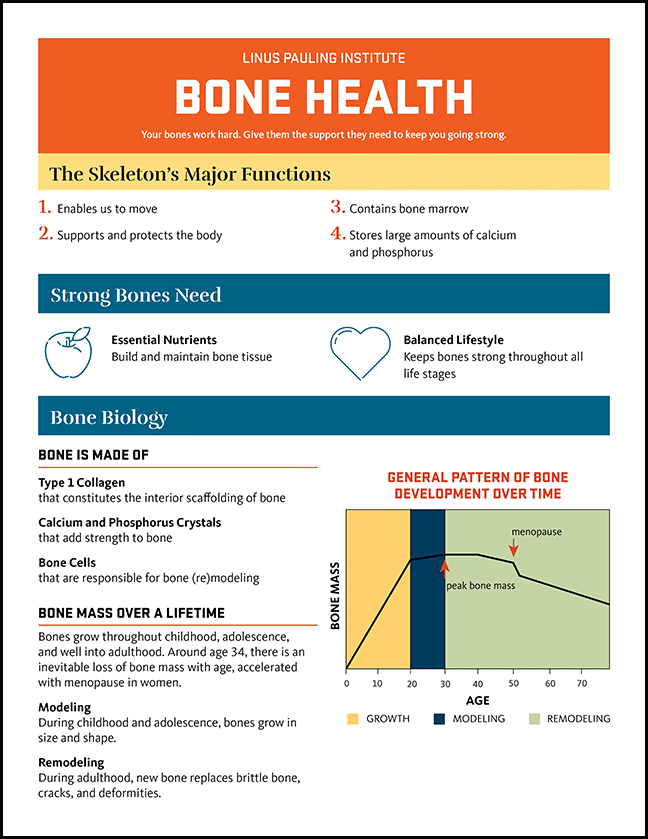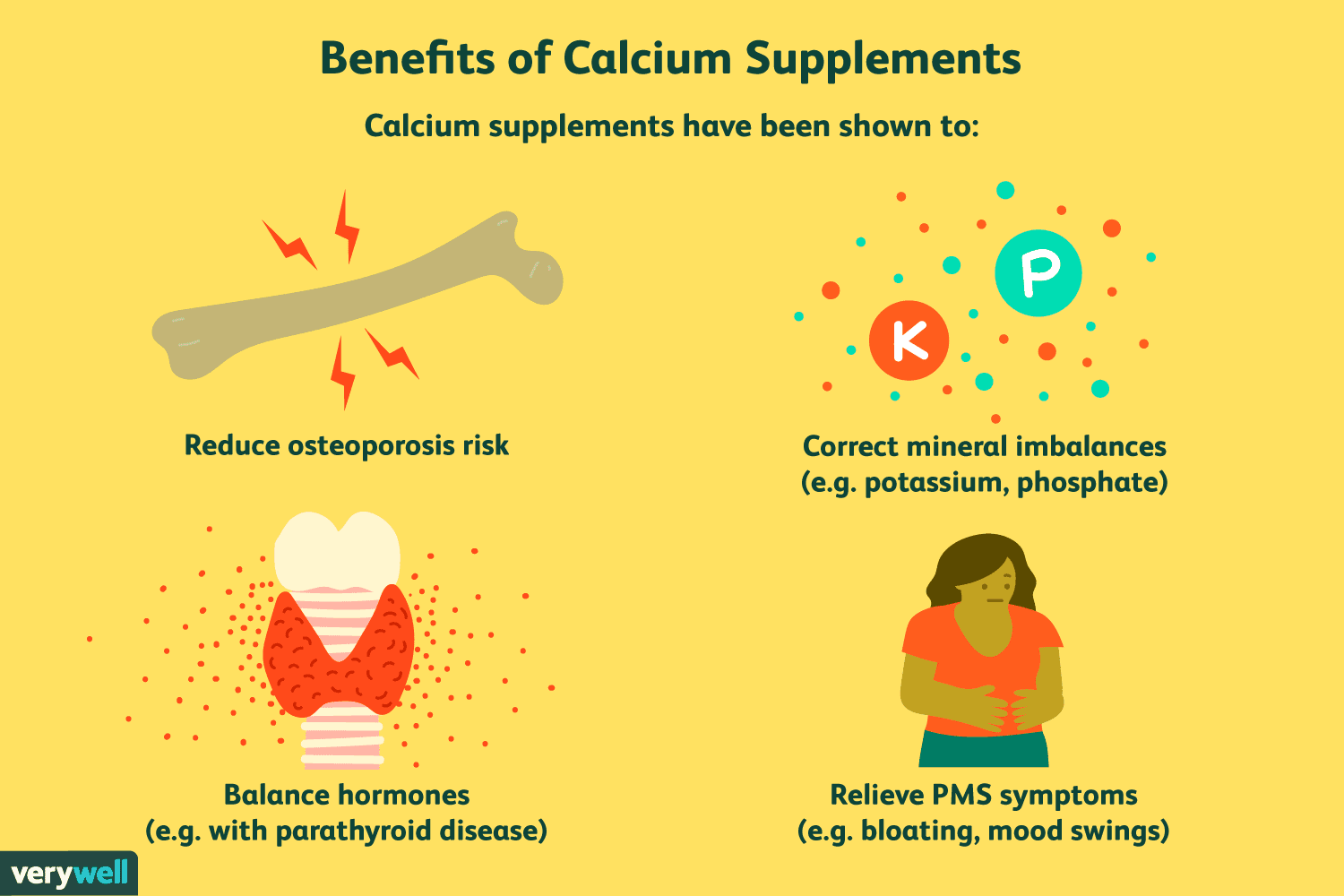
Calcium plays a crucial role in maintaining strong bones and promoting overall health. Calcium supplements can provide a convenient solution for individuals who struggle to meet their daily calcium needs through diet alone. Certain medical conditions may increase the demand for calcium supplementation, making it even more important to prioritize adequate intake. Incorporating calcium-rich foods, such as leafy greens, can also help boost calcium levels. When selecting a calcium supplement, it is essential to consider factors such as the manufacturer’s reputation, the inclusion of additional nutrients like vitamin D and magnesium, and the form of calcium used. Elm & Rye Calcium Supplements, Nutricost Calcium with Vitamin D, Persona Nutrition Calcium Citrate, and Garden of Life Raw Calcium are recommended brands prioritizing quality control absorption enhancement and offering high-potency or personalized formulas. Regularly incorporating a high-quality calcium supplement into your routine can help support optimal bone health and overall wellness.

The Role of Calcium in Bone Strength
Calcium’s importance in bone formation and maintenance
Calcium is an essential nutrient that is vital to bone strength and overall health. It is the primary mineral found in bones and teeth, making up about 99% of their mineral content. Calcium is necessary for bone formation and maintenance throughout our lives. During childhood and adolescence, calcium helps build strong bones and reach peak bone mass. It plays a crucial role in preventing bone loss and maintaining bone density as we age.
The role of calcium in preventing osteoporosis
Osteoporosis is characterized by weakened bones, making them more prone to fractures. Calcium plays a significant role in preventing osteoporosis by ensuring optimal bone density and strength. Adequate calcium intake throughout life and other factors like regular exercise and a balanced diet can help reduce the risk of developing osteoporosis. Without sufficient calcium, bones may become weak and brittle, increasing the likelihood of fractures.
Calcium’s impact on bone density and strength
Calcium is essential for maintaining bone density and strength. It is a structural component of bones, providing the framework and power necessary to support the body. When calcium levels are low, the body may draw calcium from bones to maintain the proper levels in the blood, leading to weakened bones over time. To ensure adequate bone density and strength, it is crucial to meet daily calcium needs through diet or supplementation.
Calcium and Overall Health
Calcium’s role in muscle function and nerve transmission
In addition to its role in bone health, calcium is vital in various other bodily functions. Calcium is involved in muscle contraction, including the muscles of the heart. It helps regulate muscle tone and enables smooth movements. It also plays a crucial role in nerve transmission, allowing electrical signals to travel through nerves and facilitate proper communication between the brain and the rest of the body.
The importance of calcium in blood clotting
Calcium is essential for blood clotting, wound healing, and preventing excessive bleeding. When a blood vessel is damaged, calcium ions are involved in the complex clot formation process and stop the bleeding. Without sufficient calcium, blood clotting may be impaired, leading to prolonged bleeding and difficulties in wound healing.
Calcium’s contribution to maintaining healthy teeth and gums
Calcium is not only crucial for bone health but also for maintaining healthy teeth and gums. Teeth comprise calcium and other minerals; a constant supply of calcium is necessary for tooth remineralization and repair. Calcium also helps maintain the integrity of the tooth’s enamel, protecting it from decay and cavities. Additionally, calcium is essential for the health of gums and oral tissues, promoting overall oral health.
Meeting Daily Calcium Needs
The recommended daily calcium intake for different age groups
The recommended daily calcium intake varies depending on age and life stage. Infants aged 0-6 months require 200 milligrams (mg) of calcium daily, while those aged 7-12 months need 260 mg. Children aged 1-3 years should aim for 700 mg, and those aged 4-8 need 1,000 mg of calcium daily. Adolescents aged 9-18 years require 1,300 mg, the same recommendation for adults aged 19-50. For adults over 50, the proposal increases to 1,200 mg daily for both men and women.
Calcium-rich foods that can help meet daily requirements
Meeting daily calcium needs can be achieved through a balanced diet that includes calcium-rich foods. Some excellent sources of dietary calcium include dairy products such as milk, yogurt, and cheese. Non-dairy sources of calcium include leafy green vegetables like kale and spinach, tofu, almonds, and sardines with bones. Incorporating these foods into meals and snacks can help increase calcium intake and support overall bone health.
Factors that may prevent individuals from meeting their calcium needs through diet alone
While it is possible to meet daily calcium needs through diet alone, factors such as dietary restrictions, lactose intolerance, and personal food preferences may pose challenges. Some individuals may avoid dairy products due to allergies or ethical reasons, limiting their access to a significant source of dietary calcium. Additionally, people with lactose intolerance may have difficulty digesting lactose-containing foods. In such cases, calcium supplementation may be necessary to bridge the gap and ensure adequate calcium intake.
Calcium Supplementation
When calcium supplements may be necessary
Calcium supplements may be necessary when individuals cannot meet their daily calcium needs through diet alone. This includes individuals with dietary restrictions, lactose intolerance, or an increased demand for calcium due to certain medical conditions or life stages. Pregnant and breastfeeding women, post-menopausal women, and older adults may benefit from calcium supplementation to support bone health and prevent deficiencies.
Benefits of calcium supplements
Calcium supplements can provide a convenient and reliable way to ensure adequate calcium intake. They offer a concentrated dose of calcium, making it easier to meet daily requirements. Calcium supplements can help prevent or treat calcium deficiencies, reduce the risk of osteoporosis, and support overall bone health. They are available in various forms, including tablets, capsules, and chewable options, providing flexibility for different preferences and needs.
Choosing high-quality calcium supplements
When selecting a calcium supplement, choosing a high-quality product from reputable manufacturers is essential. Look for supplements that have undergone rigorous testing for safety and efficacy. It is also beneficial to select accessories that contain additional nutrients like vitamin D and magnesium, which promote calcium absorption and utilization in the body. Choosing the correct form of calcium, such as calcium citrate or calcium carbonate, can also enhance bioavailability and ensure optimal absorption.
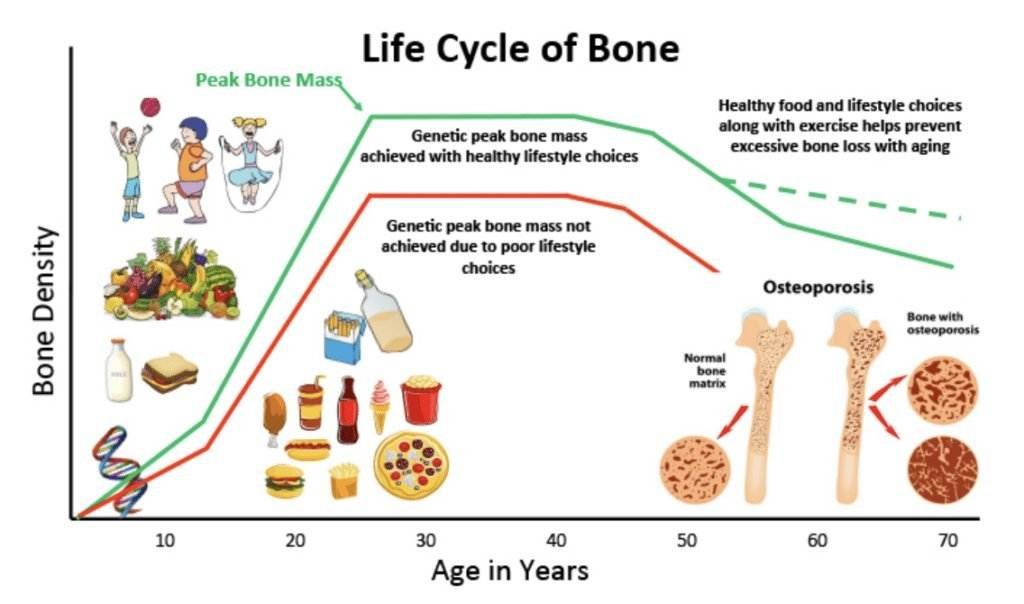
Medical Conditions and Calcium Supplementation
Conditions that increase the need for calcium supplementation
Certain medical conditions can increase the need for calcium supplementation. These include osteoporosis, hypoparathyroidism (parathyroid glands do not produce enough parathyroid hormone), and chronic kidney disease. Individuals with these conditions often require higher calcium levels to maintain optimal bone health and well-being. Calcium supplementation, under the guidance of a healthcare professional, can help meet these increased needs.
How can certain medications interfere with calcium absorption?
Some medications can interfere with calcium absorption or increase calcium excretion from the body. These medications include corticosteroids, certain anticonvulsant drugs, and some types of diuretics. Suppose you are taking any of these medications. In that case, discussing with your healthcare professional or pharmacist the potential impact on calcium levels and the need for supplementation is essential. They can guide you on adjusting calcium intake and recommend suitable supplements if necessary.
The importance of consulting with a healthcare professional before starting calcium supplementation
Before starting calcium supplementation, consulting with a healthcare professional is crucial. They can evaluate your needs, assess any existing medical conditions or medications affecting calcium absorption, and provide personalized recommendations. Your healthcare professional can help determine the appropriate dosage, guide you in selecting the right supplement, and monitor for any potential interactions or side effects. Consulting with a professional ensures safe and effective calcium supplementation.
Sources of Calcium
Dairy and non-dairy sources of calcium
Dairy products are well-known for their calcium content and are a popular nutrient source. Milk, yogurt, and cheese are excellent sources of dietary calcium, providing a significant portion of the recommended daily intake. However, for individuals who cannot or choose not to consume dairy, plenty of non-dairy sources of calcium are available. Leafy green vegetables like kale and spinach and fortified plant-based milk alternatives, tofu, and almonds can provide substantial amounts of calcium.
Calcium-rich fruits and vegetables
In addition to leafy greens, several fruits and vegetables contain calcium and can contribute to meeting daily calcium needs. Some examples include oranges, figs, broccoli, and bok choy. While these fruits and vegetables may not provide as high calcium content as dairy products, they can still be valuable additions to a balanced diet aiming to meet calcium requirements.
Different forms of calcium and their bioavailability
Calcium supplements are available in various forms, and the form of calcium can impact its bioavailability and absorption in the body. Two common forms of calcium used in supplements are calcium citrate and calcium carbonate. Calcium citrate is better absorbed on an empty stomach and is a good choice for individuals with low stomach acid or those taking medications that reduce stomach acid. Calcium carbonate is often taken with food and requires stomach acid for optimal absorption. Selecting the appropriate form of calcium depends on individual needs and preferences.
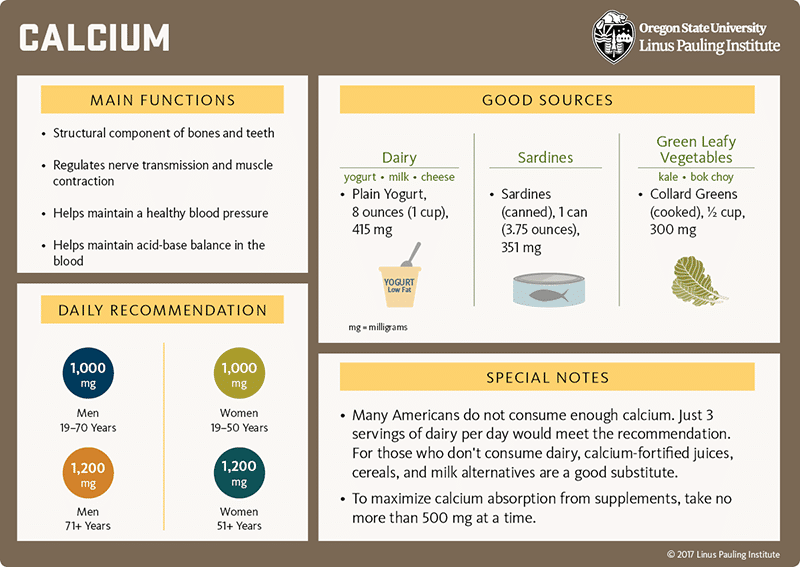
Choosing the Right Calcium Supplement
Importance of sourcing from reputable manufacturers
When choosing a calcium supplement, it is crucial to prioritize sourcing from reputable manufacturers. Well-established brands often follow strict quality control measures, ensuring their accessories meet quality standards and contain the claimed amount of calcium. Sourcing from reputable manufacturers reduces the risk of purchasing ineffective or contaminated products and assures a safe and reliable supplement.
Additional nutrients to look for in a calcium supplement
In addition to calcium, some supplements include nutrients that can enhance calcium absorption and utilization in the body. Vitamin D is essential as it aids in calcium absorption from the intestines. Magnesium is another nutrient that supports calcium metabolism and bone health. Look for supplements that include these additional nutrients to maximize the potential benefits of calcium supplementation.
Factors to consider when selecting the form of calcium
The form of calcium in a supplement can vary, and different states have different characteristics and considerations. Calcium citrate is generally well-tolerated and can be taken with or without food, making it versatile for various individuals. Calcium carbonate requires stomach acid for optimal absorption and is often taken with meals. Consider your individual needs, preferences, and digestive concerns when selecting the calcium that will work best for you.
Recommended Calcium Supplement Brands
Elm & Rye Calcium Supplements
Elm & Rye Calcium Supplements is a trusted brand that prioritizes quality and efficacy. Their products undergo rigorous testing to ensure the stated calcium content’s safety, purity, and accuracy. Elm & Rye supplements are manufactured in FDA-approved facilities, assuring the highest quality control standards. Their formulas are thoughtfully crafted to deliver optimal calcium absorption and utilization, promoting bone health and overall wellness.
Nutricost Calcium with Vitamin D
Nutricost Calcium with Vitamin D is another recommended brand for calcium supplementation. They provide high-quality supplements that meet stringent manufacturing standards. Nutricost Calcium with Vitamin D combines calcium with the essential nutrient vitamin D, which aids in calcium absorption. This combination enhances the effectiveness of calcium supplementation, supporting bone health and overall well-being.
Persona Nutrition Calcium Citrate
Persona Nutrition Calcium Citrate is a recommended brand for individuals seeking personalized supplement solutions. They offer customized supplement packs based on individual needs, ensuring targeted support for bone health. Persona Nutrition Calcium Citrate includes calcium in the form of easily absorbed calcium citrate and other essential nutrients like vitamin D and magnesium. With their personalized approach, Persona Nutrition provides tailored supplementation for optimal bone health.
Garden of Life Raw Calcium
Garden of Life Raw Calcium is a reputable brand known for its commitment to using natural and organic ingredients. Their Raw Calcium supplement contains a blend of plant-based calcium from organic algae, making it an excellent choice for individuals following a vegan or vegetarian lifestyle. Garden of Life Raw Calcium also includes vitamin D and magnesium for enhanced absorption and offers a gentle and easy-to-digest formula.
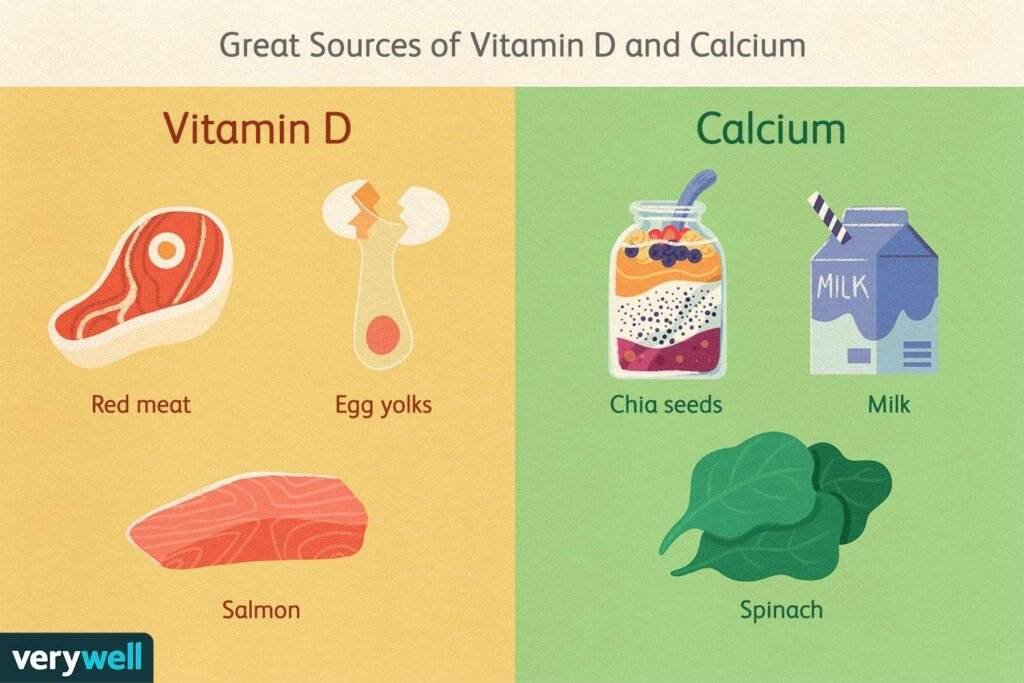
Benefits of Recommended Brands
Quality control measures in recommended brands
Recommended brands like Elm & Rye, Nutricost, Persona Nutrition, and Garden of Life prioritize quality control in their manufacturing processes. They adhere to strict standards and protocols to ensure their calcium supplements’ safety, purity, and accuracy. Quality control measures ensure that the supplements contain the stated amount of calcium and are free from harmful contaminants.
Inclusion of additional nutrients for optimal absorption
Recommended brands understand the importance of including additional nutrients to enhance calcium absorption and utilization. For example, Elm & Rye supplements may contain Vitamin D and magnesium, while Nutricost combines calcium with Vitamin D in their formula. Persona Nutrition goes further by customizing supplement packs to address individual needs, ensuring that all necessary nutrients are provided for optimal calcium absorption and overall bone health.
High-potency or personalized formulas offered by recommended brands
Many recommended brands offer high-potency or personalized formulas to cater to different needs and preferences. Elm & Rye may provide higher calcium concentrations per serving, allowing individuals to meet their calcium needs more efficiently. Persona Nutrition takes personalization to the next level by offering customized supplement packs that consider individual factors like age, gender, and health goals. These high-potency or personalized formulas maximize the potential benefits of calcium supplementation.
Supporting Bone Health and Overall Wellness
The role of regular calcium supplementation in maintaining bone health
Regular calcium supplementation plays a crucial role in supporting bone health throughout life. By ensuring adequate calcium intake, supplementation can help maintain optimal bone density and strength, reducing the risk of osteoporosis and fractures. Whether through diet or supplements, meeting daily calcium needs is essential for promoting skeletal health and overall well-being.
Benefits of calcium supplementation beyond bone strength
While calcium is predominantly associated with bone health, its benefits extend beyond skeletal strength. As discussed earlier, calcium also contributes to muscle function, nerve transmission, and blood clotting. Adequate calcium levels help maintain healthy teeth and gums, supporting oral health. Additionally, calcium is involved in numerous other physiological processes, including hormone regulation and cell signaling, highlighting its importance for overall wellness.
Overall wellness benefits of maintaining optimal calcium levels
Maintaining optimal calcium levels is vital for overall wellness. Calcium is an essential nutrient that supports the proper functioning of various body systems. Adequate calcium intake is associated with improved cardiovascular health, reduced risk of hypertension, and better weight management. It also plays a role in reducing the risk of certain types of cancer, such as colorectal cancer. By prioritizing calcium intake through diet and supplementation, individuals can promote bone health and overall wellness.
In conclusion, calcium is crucial in bone strength and overall health. Adequate calcium intake is necessary for bone formation and maintenance, prevention of osteoporosis, and maintaining healthy teeth and gums. While it is ideal to meet daily calcium needs through a balanced diet, supplementation may be necessary for individuals who cannot achieve their requirements through diet alone. Calcium supplements can bridge the gap, providing a concentrated dose of calcium and other beneficial nutrients. It is essential to choose high-quality accessories from reputable manufacturers, considering additional nutrients and the form of calcium. Recommended brands like Elm & Rye, Nutricost, Persona Nutrition, and Garden of Life offer reliable options for calcium supplementation. Regular intake of a high-quality calcium supplement can support bone health, promote overall wellness, and contribute to a healthy and active lifestyle.
